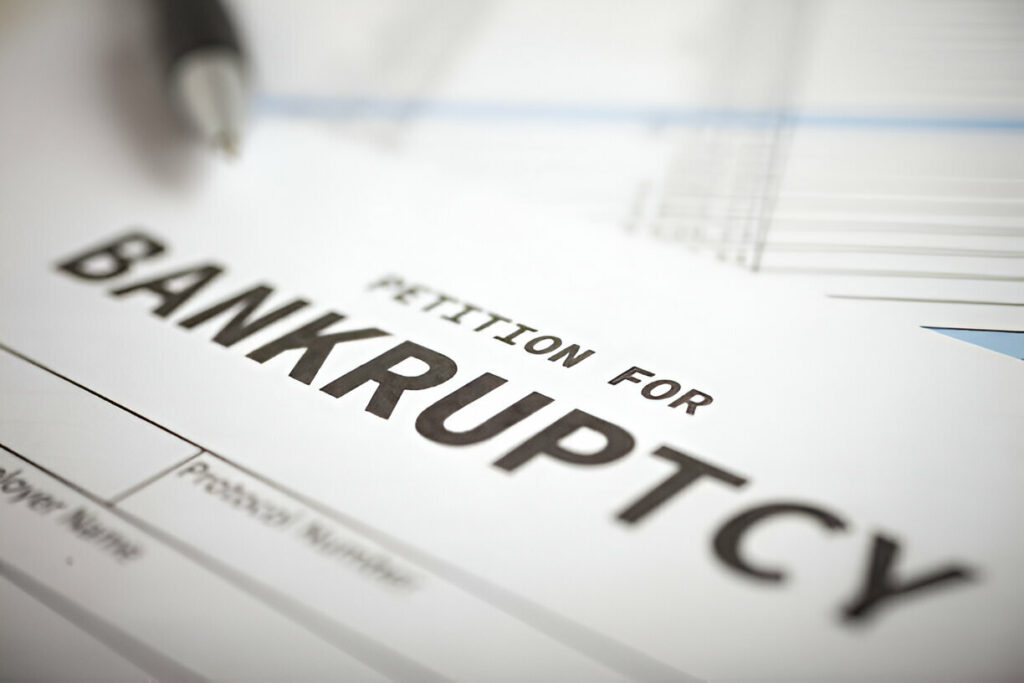There are different types of bankruptcies, which are referred to by their chapter in the U.S. Bankruptcy Code. https://www.usbankruptcycode.org/. Individuals usually file a Chapter 7 or a Chapter 13 bankruptcy, depending on their situation. A debtor will file a Chapter 7 bankruptcy if they have insufficient income to pay a portion of their debts and there is no “non-exempt property” they want to keep. A Chapter 13 bankruptcy is designed to allow higher-income debtors with regular earnings to repay a portion or all their debt over an extended period, usually 36 or 60 months. H
Household income, meaning both spouses even if only one spouses filing for bankruptcy, is the determining factor for deciding whether to file a Chapter 7 or 13, with some exceptions. (See “Exceptions to Means Test”). The threshold varies from county to county and state to state. Your attorney can advise you if you qualify for a Chapter 7. If a debtor qualifies for a Chapter 7 based on the income threshold, then the debtor’s assets are scrutinized to determine whether to file a Chapter 7 or a Chapter 13 bankruptcy. It is of utmost importance for a debtor to disclose all assets to their attorney so they can advise you what is exempt according to Florida, Federal or any other state statute that may apply. If you file for Chapter 13 bankruptcy, you must pay your unsecured creditors at least an amount equal to the value of your nonexempt assets through your repayment plan.

